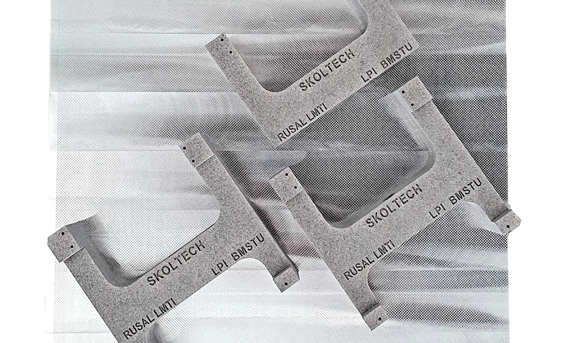Rusal’s AM casing installed on Yarilo research satellite
February 1, 2021

Rusal, a leading aluminium producer headquartered in Moscow, Russia, has reported the successful operation of an additively manufactured casing used on one of the Yarilo research satellites. The temperature-regulating casing of the gamma-ray detector was developed at the Skolkovo Institute of Science and Technology and was produced at the Centre of Additive Technologies based at the Institute of Light Materials and Technologies (ILM&T) from a new RS-333 aluminium alloy powder.
The Yarilo space project was led by the Bauman Moscow State Technical University in partnership with the Lebedev Physical Institute of the Russian Academy of Sciences and the Institute of Nuclear Physics of Moscow State University. The Yarilo satellites’ mission is to explore the sun and weather in space. The additively manufactured part is said to be an important part of the satellite, preventing overheating of the main equipment and ensuring its stable operation.
The new RS-333 aluminium powder developed by Rusal was used to additively manufacture the casing component. The design of the part has been specifically optimised for AM by the research team of the Skolkovo Institute of Science and Technology. The new high-heat-conducting alloy, along with optimised AM design, has allowed a 20% weight reduction with a 25% increase in heat flow – which is the main indicator of the effectiveness of parts involved in thermal regulation.
“Testing additive technologies in space is a unique opportunity to showcase the prospects and reliability of using aluminium alloys and 3D printing in creating such an important node, on which the stable functioning of the entire unit depends,” stated Victor Mann, Chief Technical Officer at Rusal.
“We are confident that this experience will be useful not only for expanding the implementation of 3D-printed parts in scientific research, but also for practical application in numerous high-tech industries such as automotive, computer manufacturing, home appliances, and mechanical engineering,” added Mann.
The ILM&T was founded by Rusal in 2017, with the institute’s primary objective being to develop, innovate and launch new varieties of aluminium-based products and materials into the market.
















